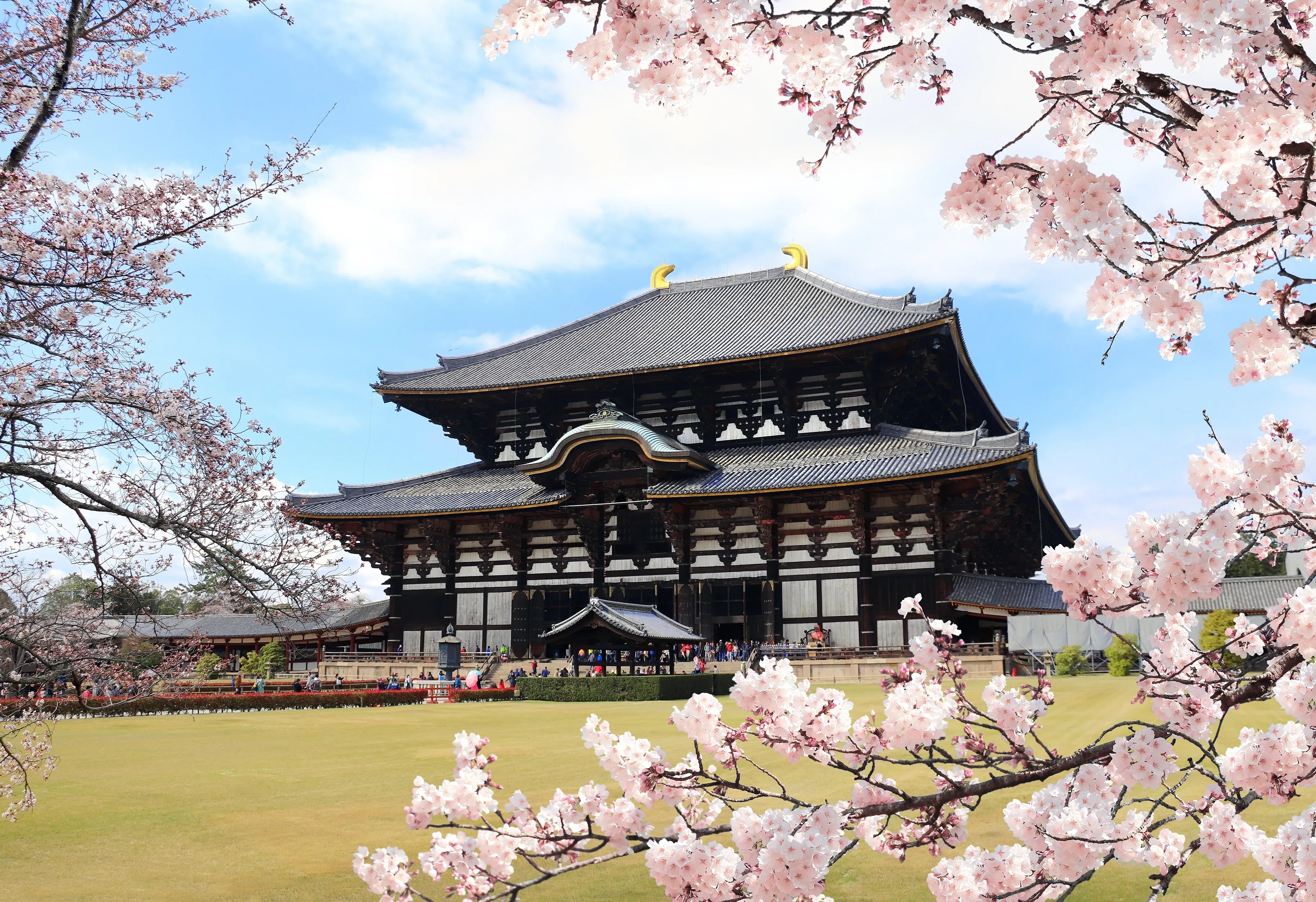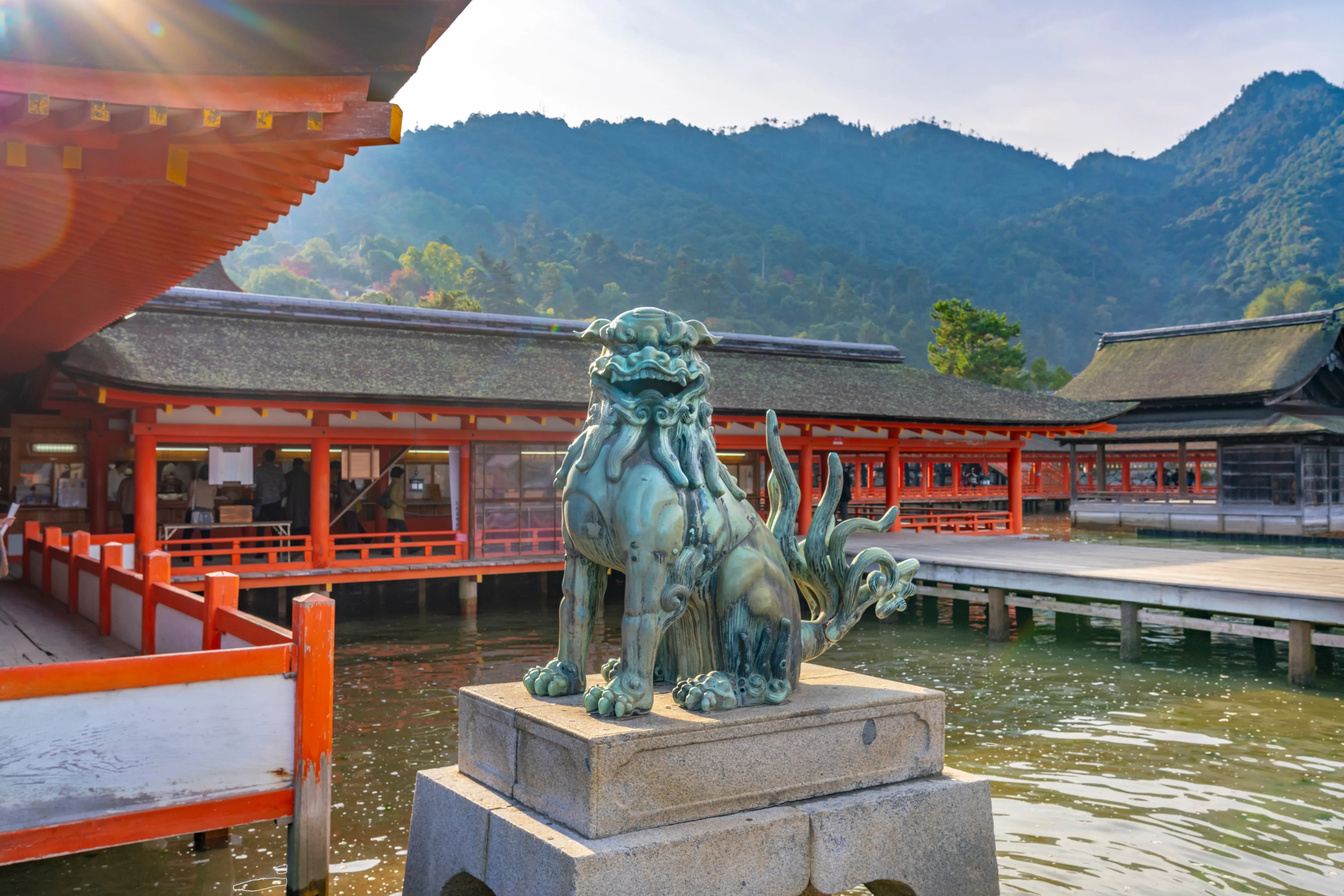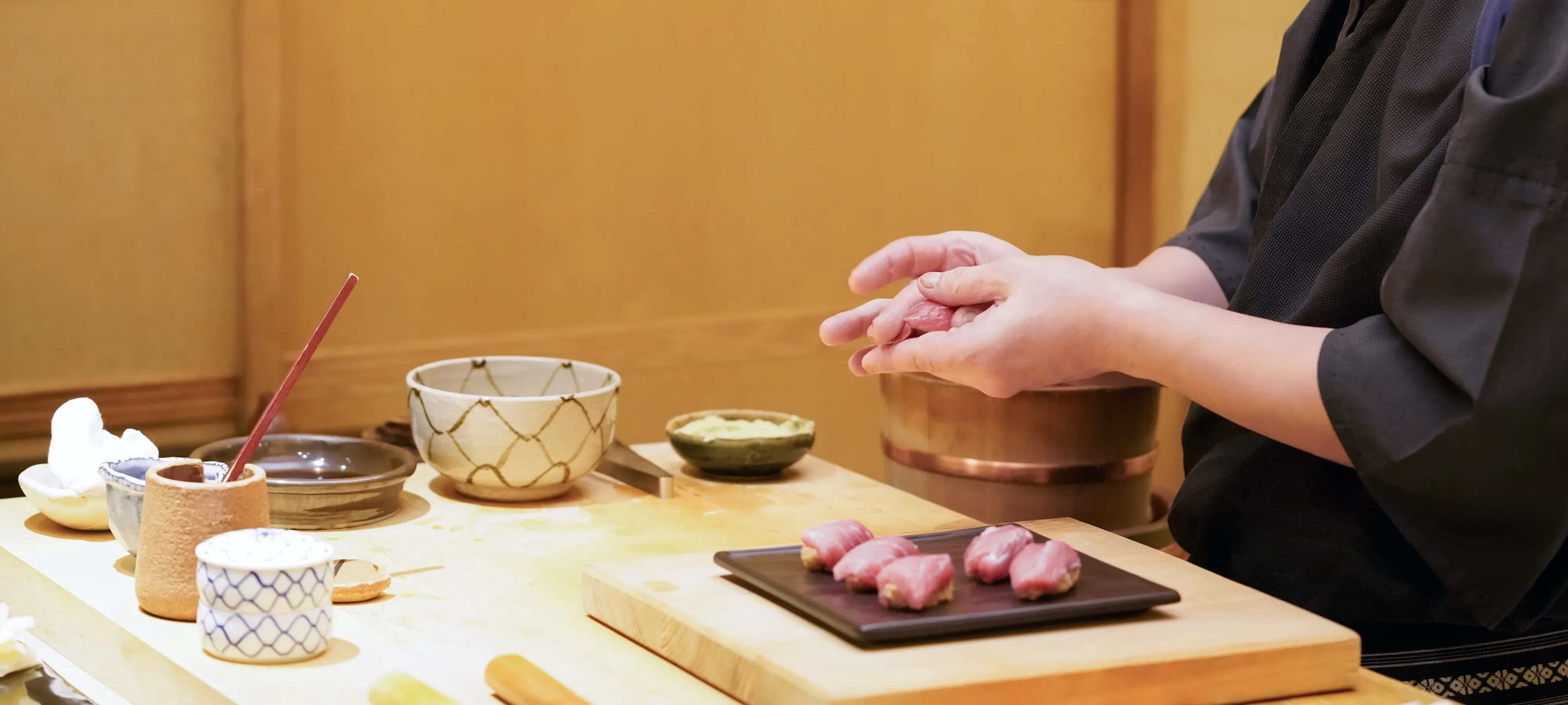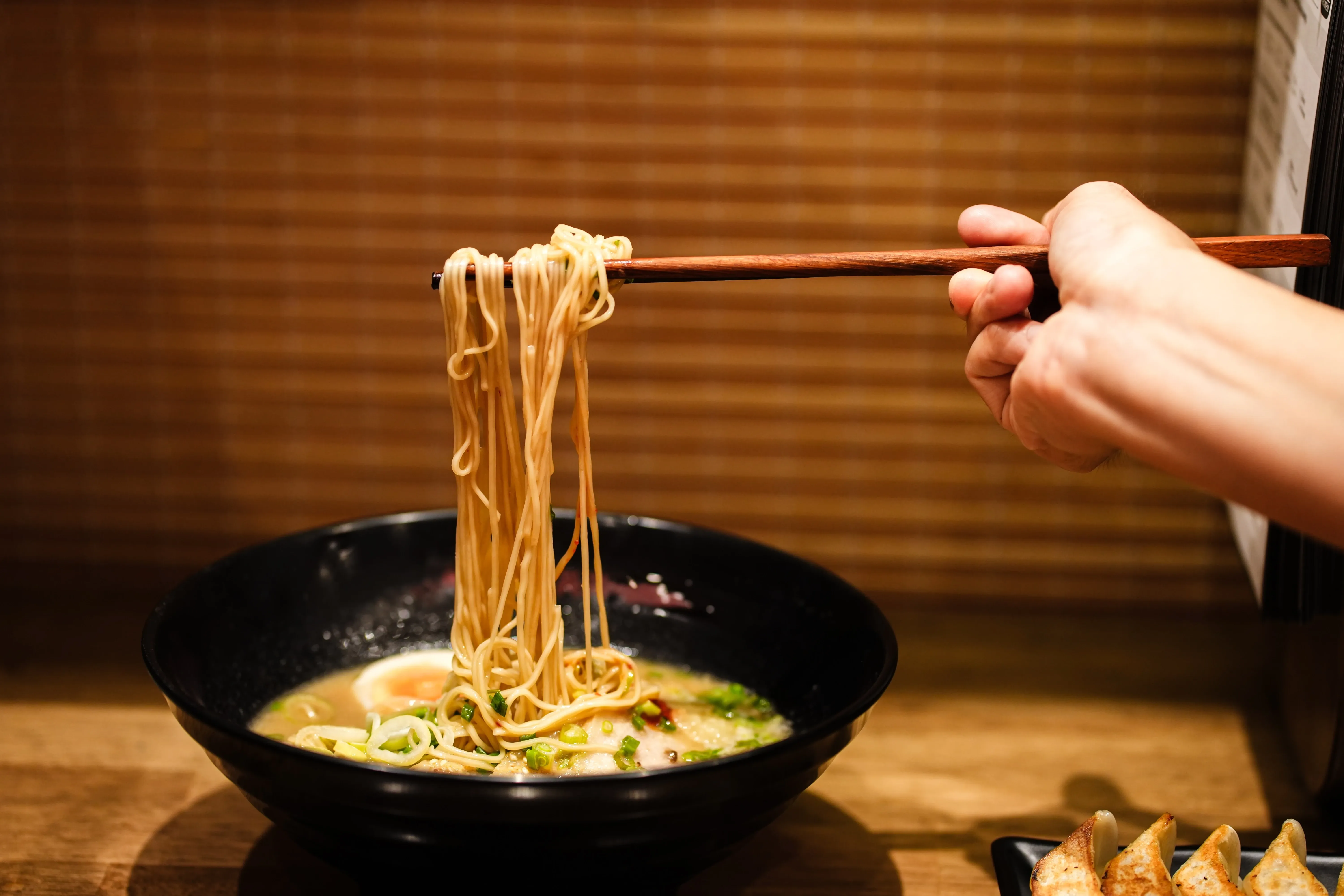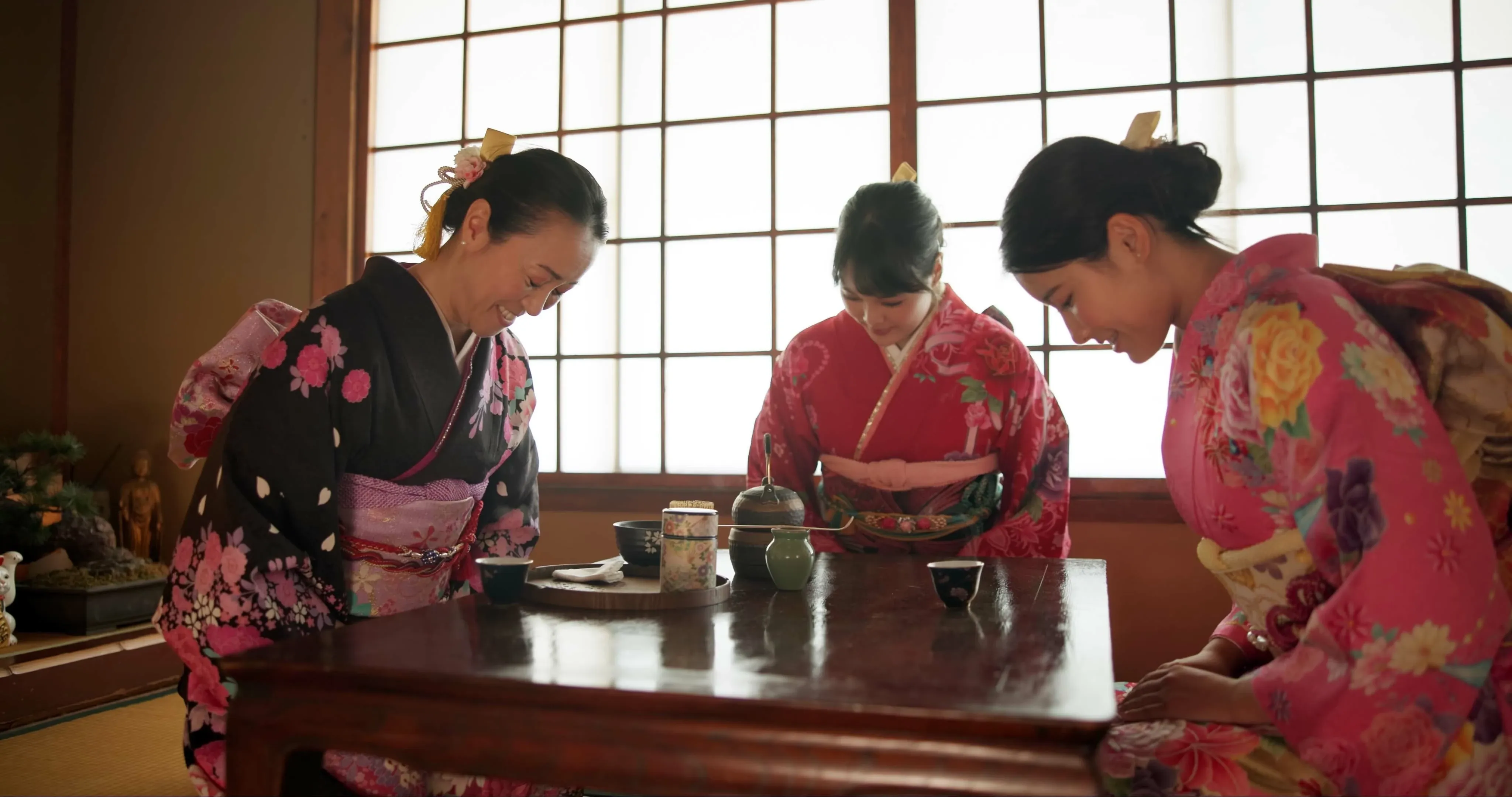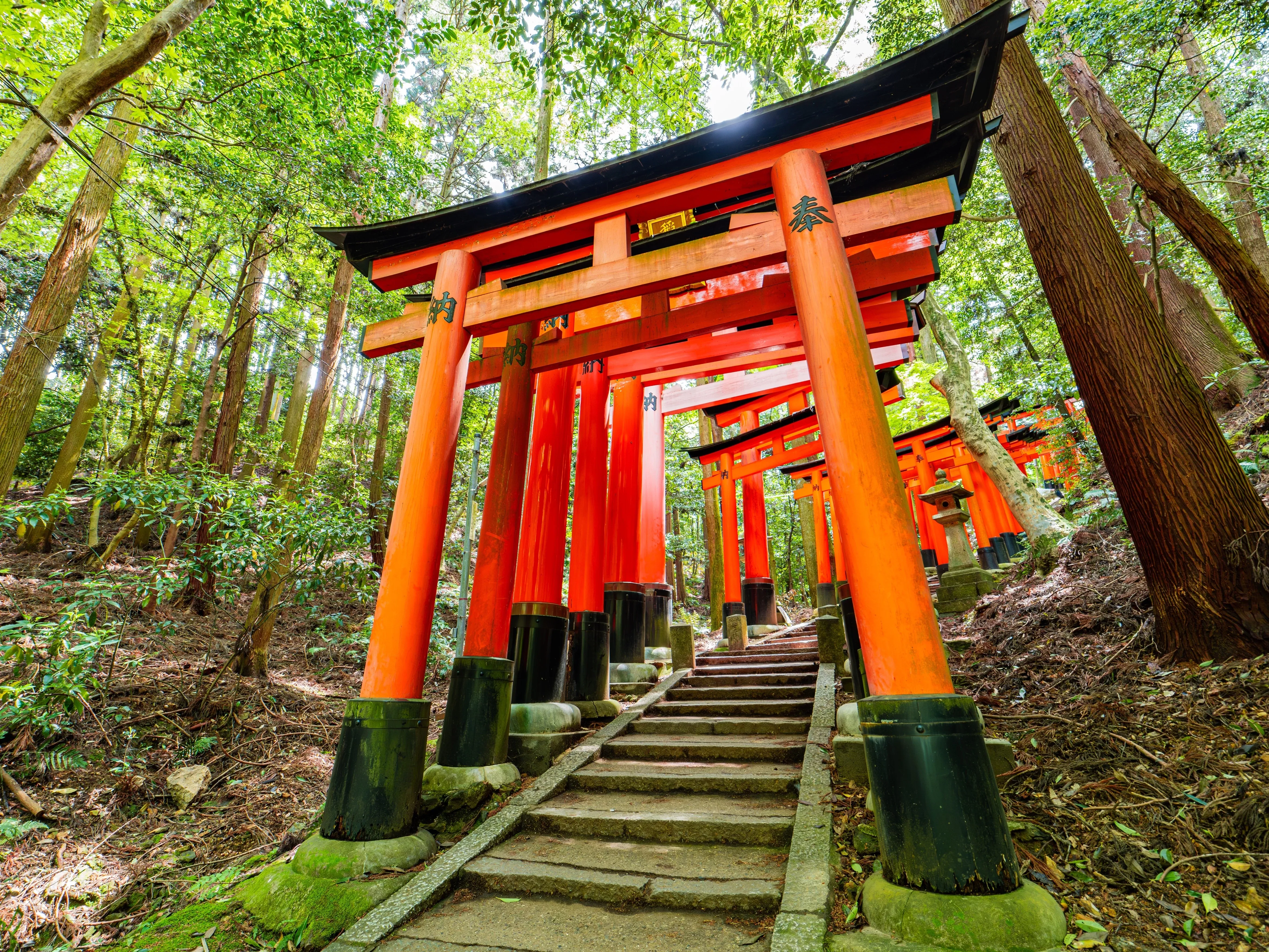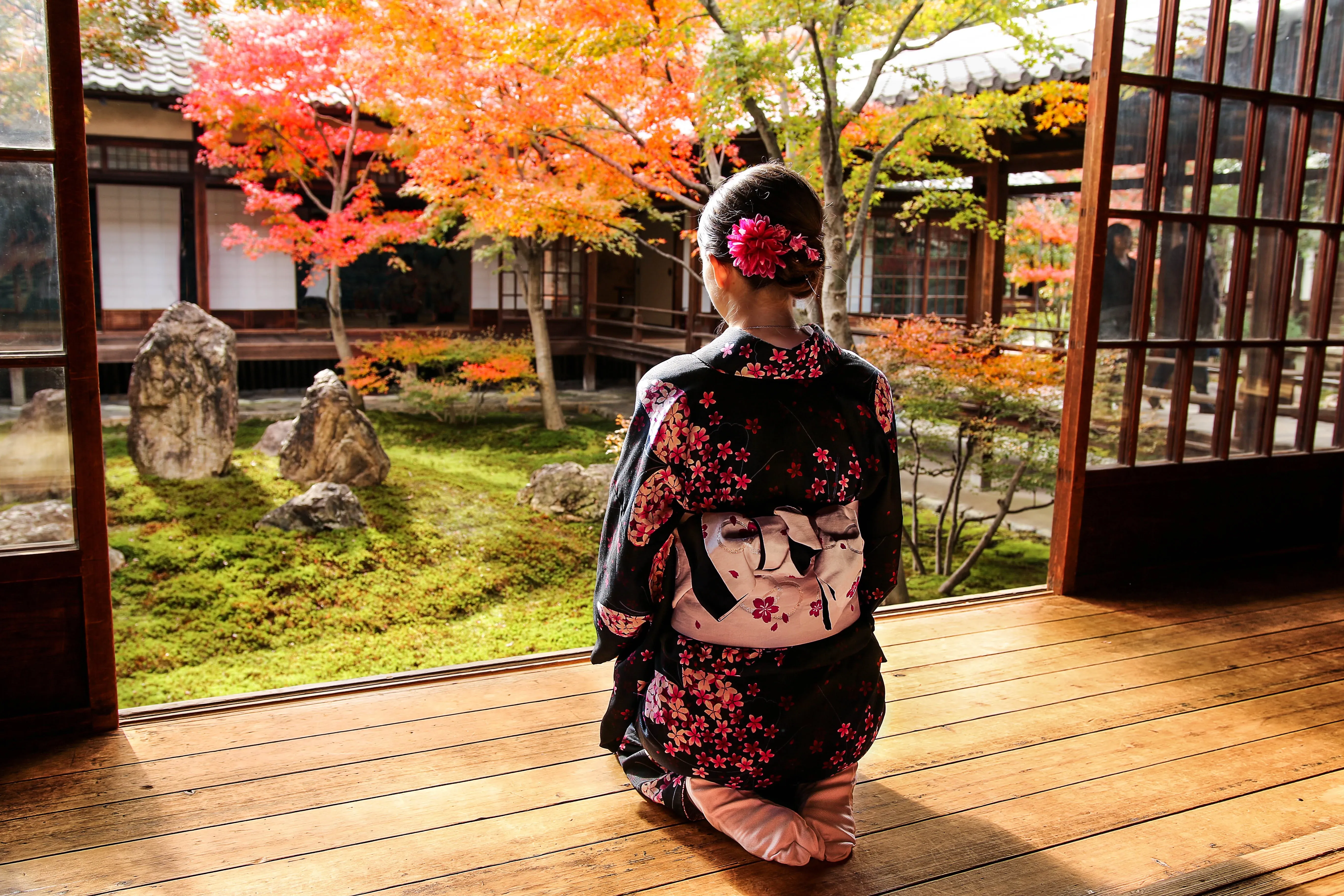Japanese etiquette for tourists
Japan is a land of contrasts: it combines some millennia-old traditions with cutting-edge technology, captivating travellers from around the world.
However fascinating the landscapes, temples, and cities may be, it is equally important to familiarise oneself with the cultural nuances and Japanese etiquette to truly appreciate the country and have a positive travel experience.
The Japanese are known for being reserved, polite, and detail-oriented. They place great emphasis on consideration for others and harmonious coexistence. These principles are reflected in many facets of daily life, from the way people converse with one another to the subtleties of social behaviour.
Quick facts about Japan
- Ancient Civilisation: Japan has one of the oldest continuous monarchies in the world and a rich history dating back to the 7th century BC.
- Geography: Japan consists of four main islands and approximately 6,800 smaller islands.
- Language: The official language is Japanese, a language with over 125 million speakers worldwide.
- UNESCO Sites: Japan is home to 25 UNESCO World Heritage Sites, including the Temple of Nara, the Itsukushima Shrine, and Mount Fuji.
- Cuisine: Japanese cuisine is renowned worldwide for its craftsmanship, freshness, and balance. Sushi, sashimi, and ramen are just a few of the most famous dishes that travellers should try.
Japanese etiquette: The proper greeting
The art of bowing
The Japanese greeting is typically a formal affair. This rarely occurs through handshakes, but rather through a bow. This gesture varies in depth depending on the situation, from a slight nod among friends to a deep bow in formal or business encounters. As a traveller, a slight bow combined with a smile is usually sufficient.
While a handshake is becoming more common, especially in business contexts, it is advisable to adapt to your counterpart’s behaviour. A classic tip: observe and imitate. Politeness in Japan often relies on unobtrusively fitting into social harmony.
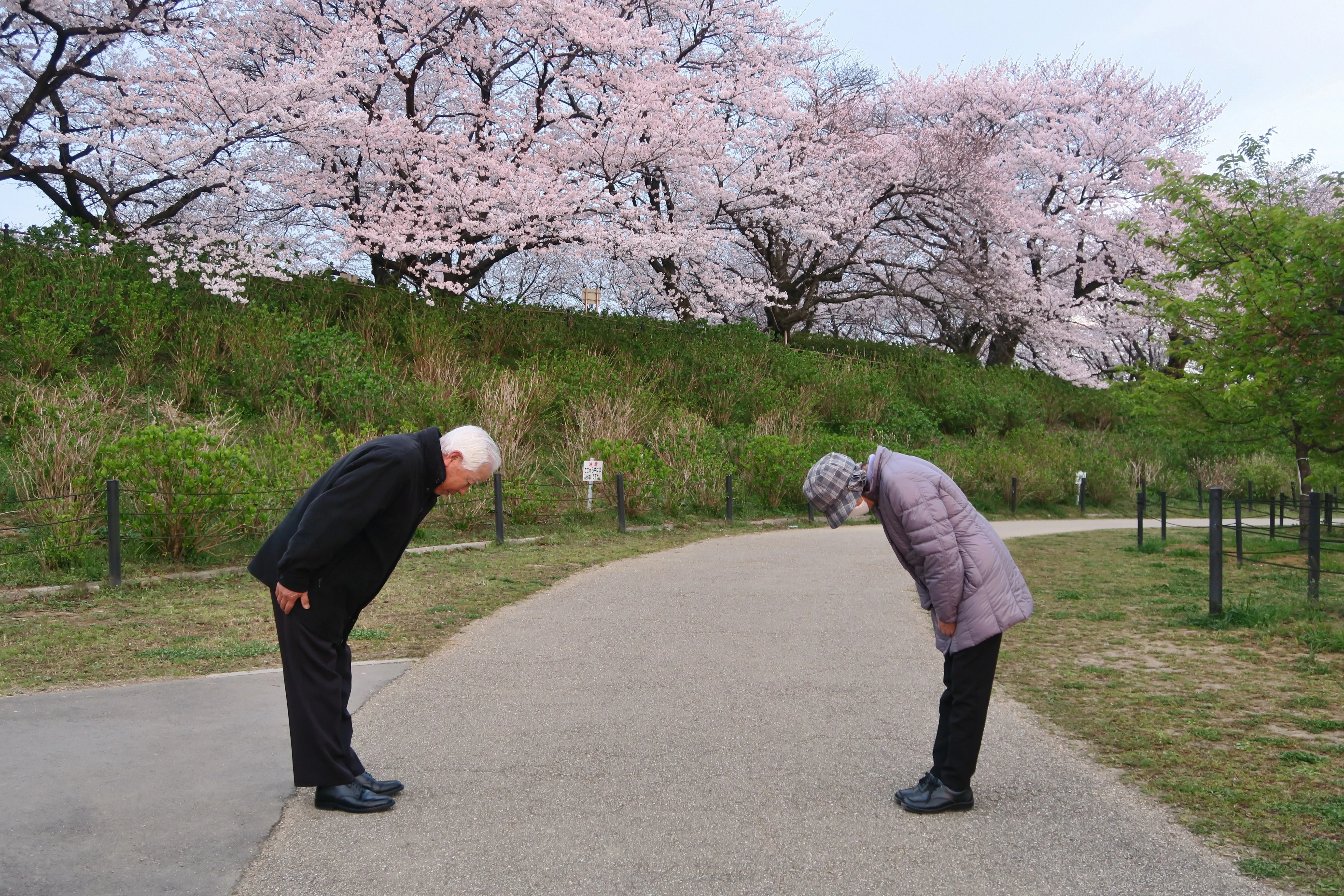
Small gifts with great significance
The gift culture in Japan is a central aspect of social interactions. When visiting someone, always bring a small gift, preferably something typical from your home country or something you have carefully chosen. It should be modest and beauti-fully wrapped. Gifts are often not opened immediately but later – this shows that you respect the moment and appreciate the gesture.
Dining in Japan: More than just sushi and ramen
Japan is renowned worldwide for its refined cuisine. Here, eating is not just about sustenance, but rather an art. There are numerous rules to keep in mind while dining to avoid coming across as rude:
- Remove your shoes: When entering a restaurant, you may need to take off your shoes, especially in traditional restaurants or tatami rooms.
- Slurping is allowed – particularly with ramen and other noodle dishes, as it shows that you are enjoying your meal.
- Chopsticks are essential, but be careful: never stick them upright in your rice, as this resembles funeral rituals.
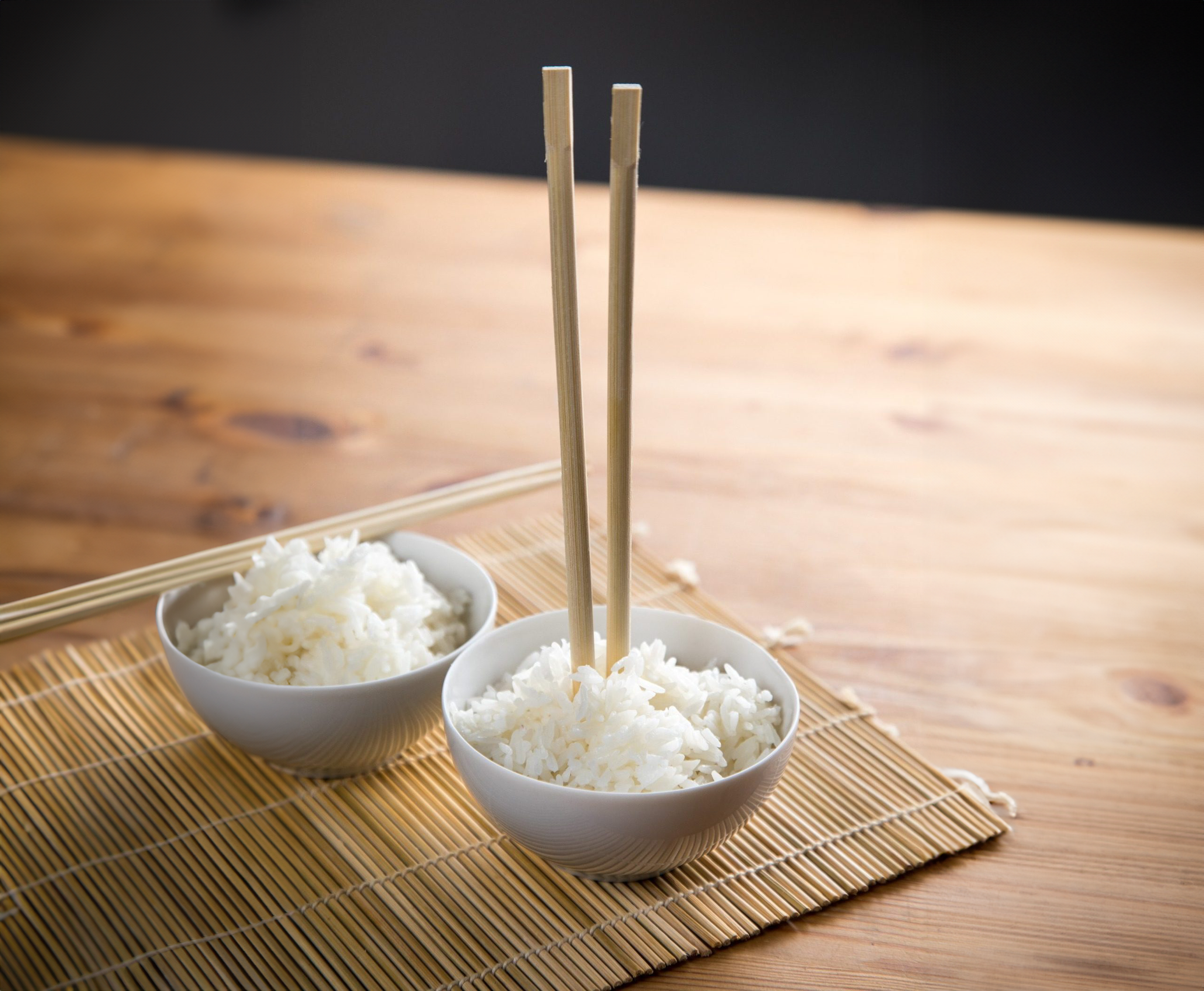
- Eating or drinking while on the go is not customary in Japan, where meals are enjoyed peacefully at designated places, whether in a restaurant or at home.
- Tipping is considered rude. The price you pay is regarded as fair, and leaving extra money is seen as disrespectful.
- Be patient when placing your order. Japanese restaurants place great impor-tance on presentation and attention to detail, so preparation may take a little longer.
A tip I learned from a Japanese friend: don’t order too much and avoid leaving a plate half full. In Japan, food is precious, and leaving leftovers is considered dis-respectful.
Typical dishes and how they are eaten
Some of the most popular Japanese dishes include:
- Sushi – small, artistically arranged rice bites with fish, seafood, or vegetables.
- Ramen – hot noodle soups served in a tasty broth with various toppings.
- Tempura – crispy fried seafood or vegetables coated in a light batter.
- Okonomiyaki – a savoury pancake, often filled with cabbage, meat, or seafood, and garnished with special sauces.
- Wagyu beef – known for its tender texture and rich marbling, regarded as one of the best types of beef in the world.
Consideration in public transport in Japan
Public transport in Japan is legendary – punctual, clean, and efficient. However, just as important as the technology is the behaviour on trains and buses. There is a strict unwritten rule: maintain silence. Whether on a crowded train in Tokyo or a local bus in the countryside, loud talking, phone conversations, or playing music without headphones are regarded as extremely impolite.
This also means that you should keep an eye on your luggage. In busy subway stations like Shibuya or Shinjuku, a bulky backpack can quickly become an ob-stacle. Keep it close to you, preferably in front of your body, to allow space for others.
Removing shoes: A sign of respect in Japan
As previously mentioned regarding visiting restaurants, you may be asked to remove your shoes. Whether you are visiting a traditional accommodation (ryo-kan), entering a temple, or being invited to someone’s home, it is customary in Japan to use the entrance area (genkan) to take off your shoes before entering. This is not only a sign of politeness but also a matter of cleanliness.
In many accommodations, slippers will be provided, and it is important to wear them only indoors. For tatami rooms, where straw mats cover the floor, you even remove the slippers.
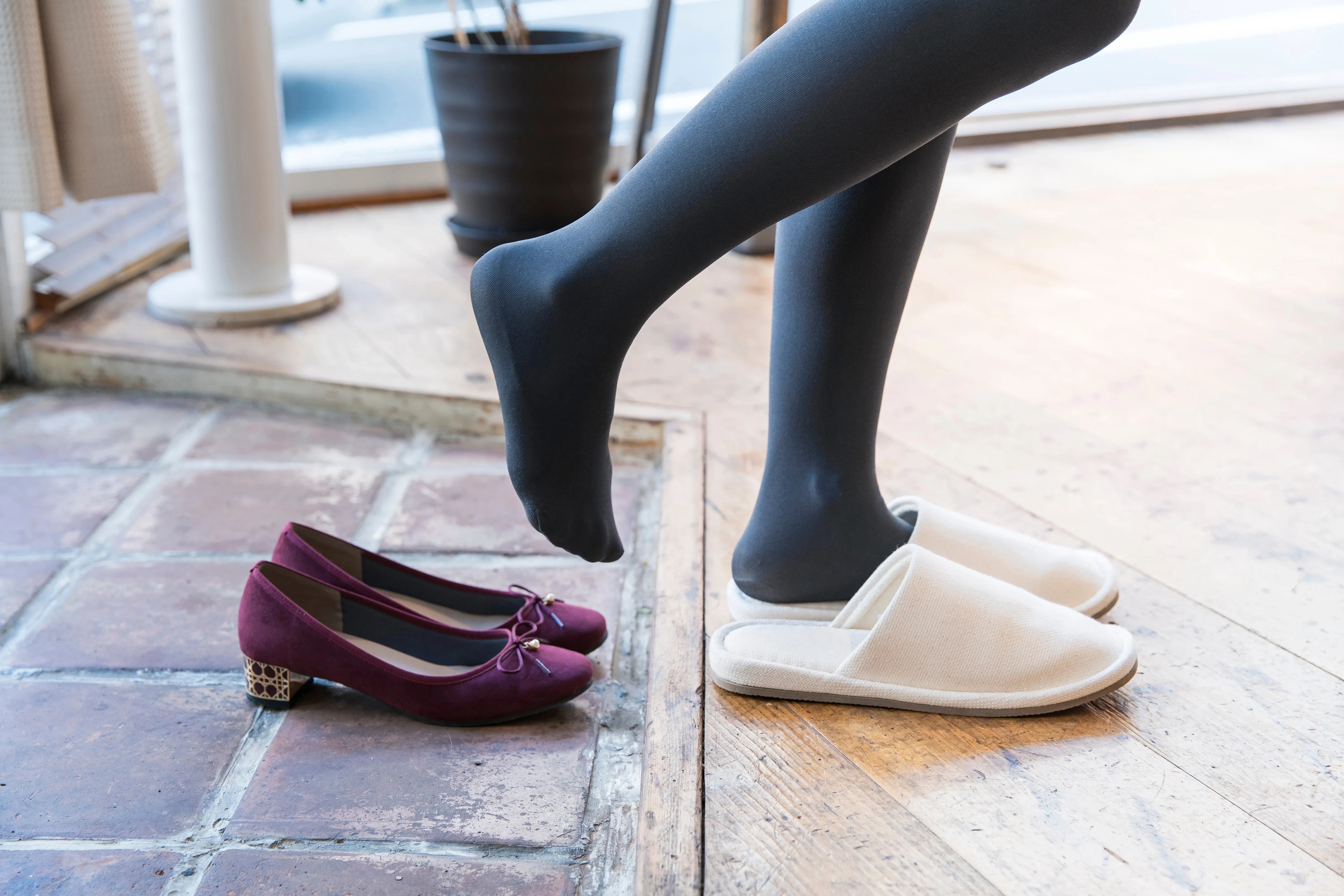
Wear appropriate clothing at religious sites
Japanese temples and shrines are places of spiritual calm and reflection. When visiting such sites, it is appropriate to wear modest and respectful clothing. You should also remove your shoes upon entering a temple and adhere to any prescribed behavioural rules.
Onsen etiquette: The art of bathing
The onsen baths, Japan’s famous hot springs, offer a unique experience. However, there are clear rules that must be observed. Before entering an onsen bath, you must wash yourself thoroughly.
The communal baths are to be enjoyed naked – swimwear is not permitted. Furthermore, tattoos are often unwelcome in many onsens, as they are tradit-ionally associated with the yakuza (Japanese mafia). However, some baths are now beginning to permit smaller tattoos.
A tip: if you feel unsure about how to behave in an onsen, observe the locals. Simply imitating them helps you understand cultural norms better and avoid inadvertently making mistakes.
Waste separation: A sign of respect for the environment
Japan is globally known for its cleanliness. You will hardly find any litter or fast-food remnants on the streets, as the Japanese dispose of their waste at home or in the rare bins found at train stations.
A strict waste separation system is also crucial – from plastic to paper to cans, there is a suitable bin for everything. As a tourist, you should be prepared to carry your rubbish with you all day until you find an appropriate bin.
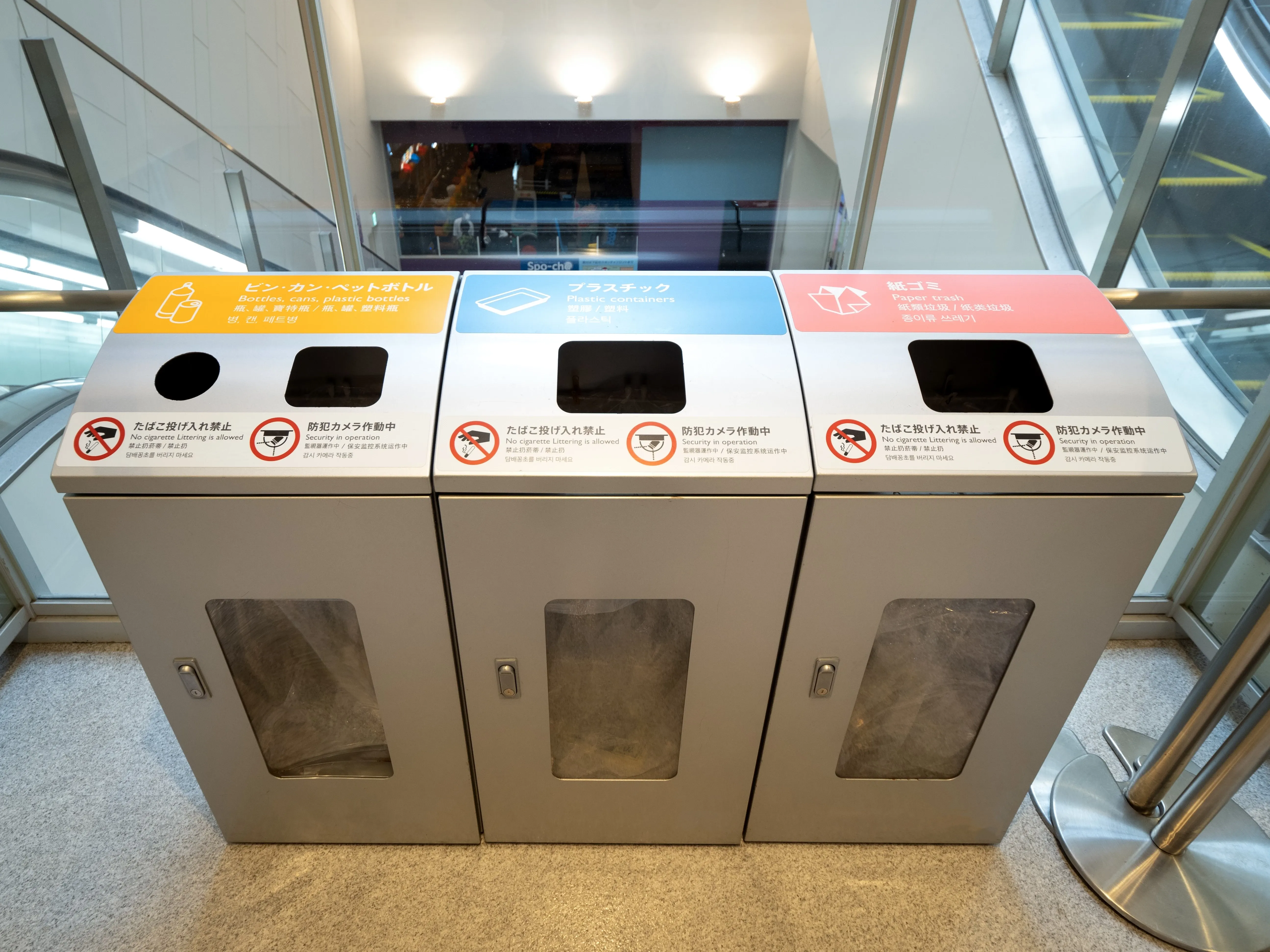
Pay attention to body language: less is more
In Japan, body language often speaks louder than words. Eye contact is typically not held as intensely as in Western cultures. Smiling and nodding are often the key means of non-verbal communication.
Physical contact such as hugging or patting on the back is unusual in public, except perhaps among close friends. Japanese people value personal space and respect distance from strangers. Additionally, pointing at people or things is considered impolite. Instead, use your whole hand to indicate something. These small gestures show that you understand and respect the subtleties of Japanese culture.
Specialities in communication: The use of "No"
In Japanese culture, saying "no" directly is often avoided as it can be perceived as rude or confrontational. Instead, the Japanese may express disagreement or refusal in more subtle ways, using phrases such as "that might be difficult" or simply remaining non-verbal. This indirect communication style serves to maintain harmony and avoid causing embarrassment or discomfort.
As a visitor, it’s essential to pick up on these nuances and read between the lines in conversations. When someone hesitates or offers a vague response, it may indicate they are declining rather than agreeing.
Your guide to behaviour in Japan summarised
- Politeness in Japan is rooted in respect, restraint, and attentiveness towards others.
- Bowing in Japan is an important gesture to show respect, especially in formal situations.
- Removing shoes in Japan is a widespread custom, particularly in traditional accommodations and temples.
- The dining culture in Japan is detailed and regards food as a valuable asset.
- Behaviour on public transport in Japan requires quietness and consideration for fellow passengers.
- Onsen etiquette in Japan stipulates that you should wash yourself thoroughly before bathing and refrain from wearing swimwear.
- Respect for traditions is deeply ingrained in Japanese culture, from religion to everyday interactions.
- The gift culture in Japan holds particular significance and should always be considered.
- Communication in Japan often occurs through subtle gestures and body language, not just words.
- Waste separation in Japan is a sign of respect for the environment and fellow citizens.
By adhering to these tips, you will not only travel respectfully but also experience Japan in all its depth and beauty. Mindfulness and respect are the keys to a harmonious and unforgettable stay in this fascinating country.
Sign up for the newsletter
By clicking on “Subscribe now” I will subscribe to the Conscious Explorer newsletter with all the information about mindful travel. Information on the success measurement included in the consent, the use of the shipping service provider MailChimp, logging of the registration and your rights of revocation can be found in our privacy policy.

